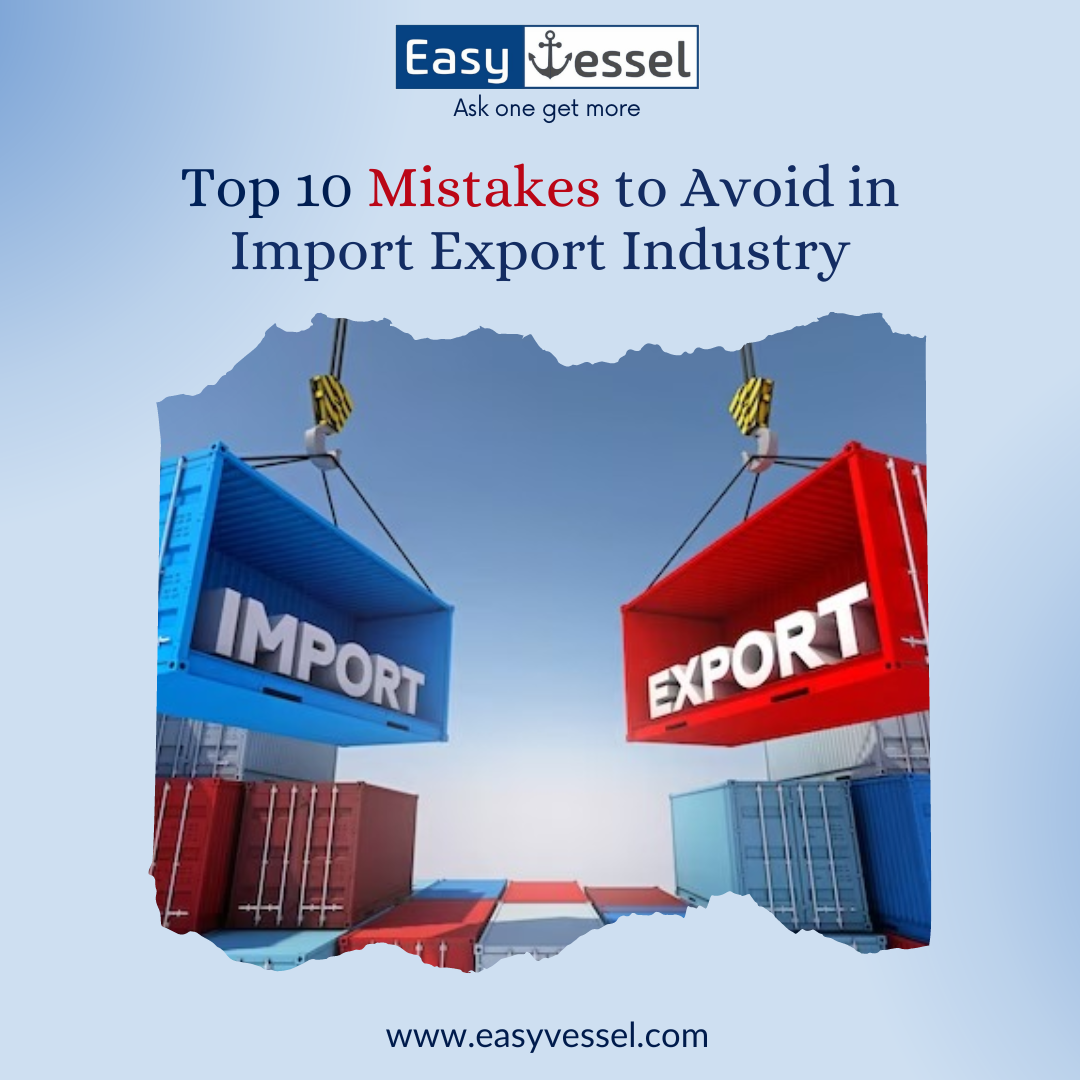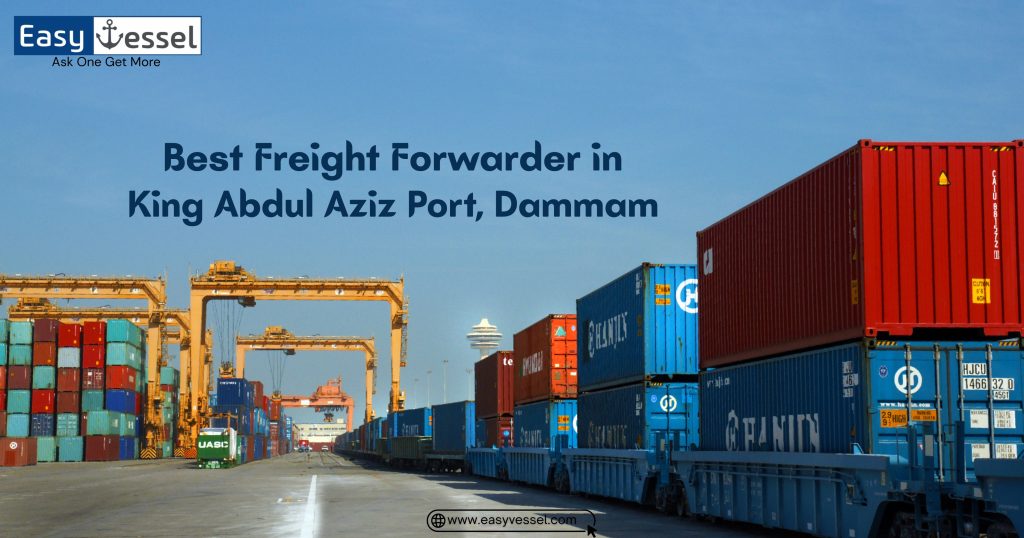- The import export industry involves the buying and selling of goods and services between countries.
- It’s a global trade business where products from one country are sold to another.
- In simple terms, it’s about bringing in products from abroad (imports) or selling products to other countries (exports).
- The import export business has been around for a long time, allowing traders to exchange goods across countries.
- Nowadays, it’s easier due to better transport and more opportunities supported by governments.
- Although it’s a profitable industry, small mistakes can lead to big risks and reduce the business’s profits.
- Even tiny errors in this trade can cause significant problems.
10 Common Mistakes to Avoid:
Here are the top 10 mistakes you need to avoid import export business:
Neglecting Regulations and Compliance:
- Failing to understand or adhere to import export laws and regulations can lead to legal repercussions and shipment delays.
Incomplete or Inaccurate Documentation:
- Besides omitting essential paperwork or providing incorrect information on documents can cause shipment hold-ups or even rejections at customs.
Disregarding Currency Fluctuations:
- Overlooking currency rate changes can significantly impact pricing and profits, affecting the cost of imports or revenue from exports.
Insufficient Market Research:
- Insufficient understanding of the target market’s preferences, demand, or local regulations may result in ineffective products or services.
Poor Communication:
- Lack of clear communication with suppliers, customers, or shipping entities can lead to misunderstandings, delays, or incorrect deliveries.
Improper Packaging and Labeling:
- Inadequate or improper packaging and labeling may lead to damage during transit or customs rejection.
Ignoring Quality Control:
- Failing to ensure product quality can harm the reputation of the business and result in dissatisfied customers.
Lack of Insurance Coverage:
- Not having suitable insurance coverage can lead to substantial losses in case of unforeseen events like theft, damage, or shipment loss.
Transportation and Logistics Mismanagement:
- Poor logistics management or selecting unreliable transportation can result in delayed or lost shipments, impacting the business’s reliability.
Avoiding Technology Integration:
- Moreover, neglecting modern tools or technologies for tracking shipments, managing inventory, or streamlining processes can hinder efficiency and competitiveness in the market.
Conclusion:
In conclusion, Avoiding these common import export mistakes ensures smoother operations, better transactions, and sustained profitability in the dynamic global trade arena. Mindful avoidance of these pitfalls is crucial for success in the import export industry.
Easyvessel is the best way to connect importers and exporters with multiple freight forwarders to get freight rates in multiple shipping lines with 0% commission.
Save time and money at easyvessel.
References:
Frequently Asked Questions
New exporters often make mistakes like relying too much on one distributor, not following export laws, and not doing enough market research. Depending only on one distributor might not help in reaching new markets. Not following export laws can cause problems and delays, and incomplete paperwork can lead to issues at customs. Without understanding the market, communication problems, or ignoring currency changes, it can be tough for new exporters to succeed.
Common issues in exporting and importing include:
Regulations: Understanding and complying with varied import/export laws.
Documentation: Managing paperwork, ensuring accuracy.
Market Understanding: Not grasping target market preferences.
Communication: Poor communication with suppliers and buyers.
Logistics: Managing transportation and logistics efficiently.
Exporting for profit has benefits but faces risks like currency changes, market instability, and competition. To succeed, detailed research, flexible plans, and good connections are crucial in handling the hesitations of the global market.




